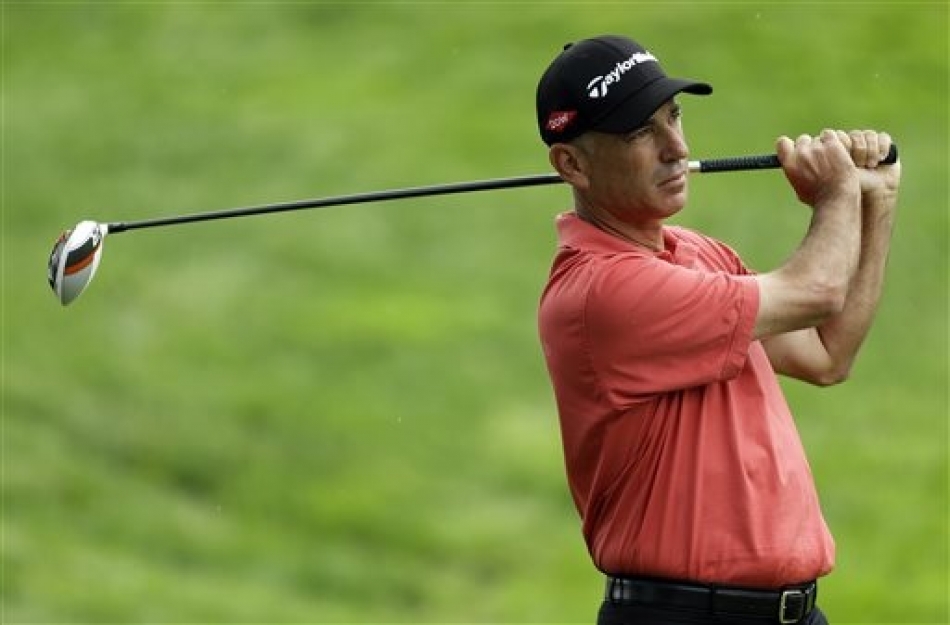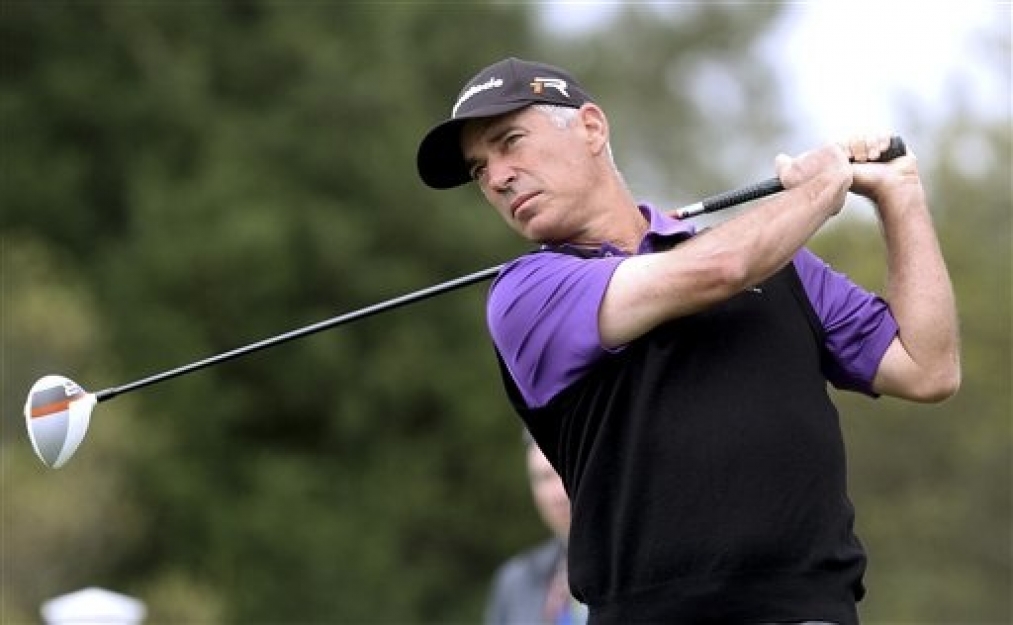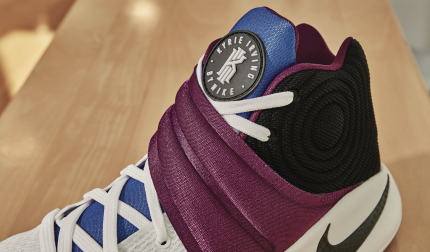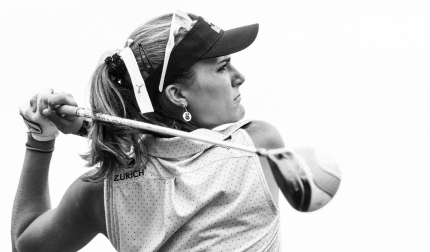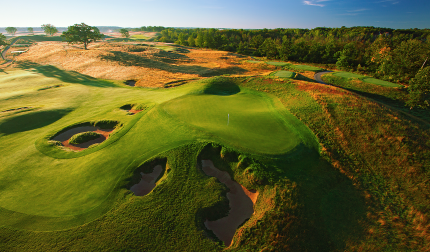You grew up in Oxnard, CA. Was it a typical place to pick up golf as a sport?
No, it’s not normal at all. There wasn’t even a golf course in Oxnard when I was growing up. We belonged to a very small country club in Camarillo, which was about 20 miles away. My dad played, my mom played, and I had two older brothers, so I would tag along, and I got into it from there.
You were recruited to play golf at UCLA. What did you study there?
I wasn’t the best student in the world. (laughs) I started as an economic major, and I switched over to psychology because that interested me. At the time, there were different rules for collegiate athletes. We could play every day, every week; there was no limit on the days of school that I could miss for tournaments. I think that contributed to it a bit. I never graduated, and I kind of regret that. I’m very fortunate that it worked out for me.
The first year you turned pro, you played outside the US. What was that experience like?
Well, I tried to get my PGA Tour Card, but I didn’t make it out of Qualifying School. In fact, I didn’t even make it through regional qualifying, so I was in a bit of shock. So the question became, “What am I going to do?” I found a gentleman who would sponsor me, and I went to play in South Africa for 6 weeks. Then I played in Europe for three-and-a-half months. I came back a much better player and a little wiser from the experience. The next year, I got through Q School and got my card.
From there you had some success very early. You certainly had the ability, but were you prepared for everything else that goes with being a successful golfer at that age?
I don’t know if anyone is ever ready. I think I’ve always had a good perspective about it. My goal that first year was just to keep my tour card. I finished second in the second tournament I played which qualified me to play the next year, so I had to adjust my goals. I set my next goal to win a tournament and I did that in May of 1984. I tried my best not to let success get to my head and to get lackadaisical with my play. Just because you played well last week, it doesn’t mean you’re automatically going to play well next week.
Golf is a sport that prides itself on honoring its traditions and history. Has the sport changed dramatically since you broke in?
I think it’s still a very traditional sport. Each individual legislates himself on the golf course. It’s one of the best qualities of the game—you break the rules, you call attention to it yourself. The other thing I love about it is how you get paid. It’s strictly by performance. It’s very attractive to the fans, because if guys want to make money, they have to go out and play the tournaments and earn it.
And you have to beat everyone.
That’s true. Every week is new; you start over from the same position. You have to play against everyone, and at times, you’re playing against yourself, which is one of the hardest things about the sport.
Is life on the Champions Tour what you expected?
Pretty much, although I was surprised early on by how hard it is to win out there. I’ve known most of these guys from my 20s. I played well my first years on the tour, but it took me two years to get my first win. These guys know how to win a golf tournament. You’re not going to find guys screwing up or choking down the stretch. Winning is tough out here. The other great thing is the social aspect of it. We all get along very well. We’ve been playing against each other for over 30 years. We’ll get back to the clubhouse, give each other some grief and needle one another. But when it comes to competition, we’re out there to win.
Does the learning curve ever end in golf?
I’m always learning. I just had a lesson last week. You’re learning nuances with the swing, sometimes even making major swing changes. You’re learning how to do something a little bit better, maybe putting or chipping. It’s a game of variables and you can’t control all the variables. No one is ever going to have a perfect game. Even the guy who shoots a 59 comes back and says, “If I made one more putt, I could have had a 58!”
Do you still enjoy playing on the PGA Tour when you have the opportunity?
Sure, I still play some events. I play the Colonial every year. I love the event, and I’ve known the guys that run the tournament for a long time. It’s nice to get back once in a while.
What else are you involved with off the course?
For six years, I’ve been working with some military charities—Operation Home Front and Folds of Honor. They’re great organizations that help our veterans. Folds of Honor has given thousands of scholarships to military people or family of military people who were injured or are deceased. I’ve had the privilege to make trips to Iraq in 2006 and 2009 to meet the troops. It was an eye opening experience for me, so I’m very passionate about these causes.
Are there some rounds that you’ve played with friends or famous people that have made some great memories?
As pros, we’ve been fortunate to play with a lot of CEO’s of companies, movie and TV stars, sports figures. I’ve played with a few Presidents—Gerald Ford, George W. Bush. Bill Clinton was the only President I played a round with while he was a seated President. It was very cool. The next week I won the US Open. After I won, I was walking out of the last interview and somebody handed me a phone and said, “The President wants to speak with you.” So I get on and say hello, and he says, “I see all those tips I gave you helped you out.” We’ve kept a great relationship since then.


